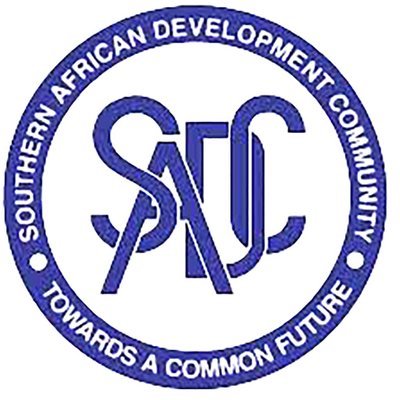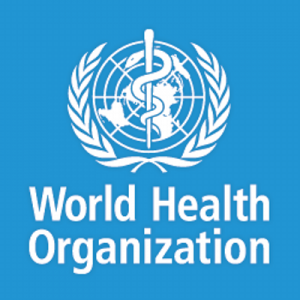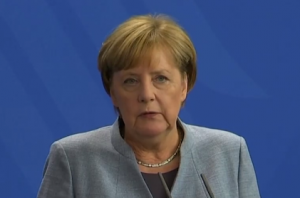
The Guardian, London: A powerful regional body of African states has called for a recount in the contested presidential election in the Democratic Republic of the Congo.
The unexpected move underlines growing worries that instead of marking a turning point for the troubled country, the 30 December vote and the deepening political crisis it has triggered will instead lead to a slide into anarchy and violence.
Such concerns are urgent for regional powers well aware that extensive conflict in the vast and mineral-rich DRC has the potential to destabilise significant parts of central, east and southern Africa.
A civil war between 1997 and 2002 killed 5 million people and drew in all neighbouring states.
The surprise victor of the election was Félix Tshisekedi, leader of the country’s main opposition party. Tshisekedi beat opposition politician Martin Fayulu by a narrow margin.
However Fayulu, a widely respected former business executive and parliamentarian, claims that he in fact won by a landslide and that Tshisekedi struck a deal with Joseph Kabila to be declared victor.
Fayulu’s claims have been bolstered by DRC’s influential Catholic church, which deployed 40,000 election monitors on the day of the election and has stated that its data showed a different winner to that announced by the electoral commission.
Sunday’s statement from the Southern African Development Community, which includes 16 states, notes the “strong doubts cast on the poll outcome by the … church, the opposition coalition and other observers” and calls for a recount “to provide the necessary reassurance to both winners and losers”. The organisation also suggested “a negotiated political settlement for a government of national unity”.
Initial reactions to the polls from other African nations were broadly supportive of the conduct of the poll by the country’s much-criticised electoral commission.
Though outgoing President Kabila, in power since 2001, can ignore pressure from western powers, including the US, major regional states have significant leverage. Kabila, who was constitutionally banned from standing for a third term, only reluctantly called the elections under pressure from Angola and South Africa. Emmanuel Ramazani Shadary, Kabila’s handpicked candidate, came a poor third.
The church has refused to reveal who won according to its findings, but diplomats briefed on the church data say it indicates a clear victory for Fayulu, in line with pre-election polls that had put him at least 20 points ahead of Tshisekedi.
Fayulu filed a fraud complaint on Saturday with DRC’s highest court to challenge the result.
Better news for the government was that parties supporting Kabila had won a majority in the 500-seat national assembly. This will consolidate the position of the former president, whoever takes power.
Kabila has ruled since the 2001 assassination of his father, Laurent Kabila, who overthrew the long-serving dictator Mobutu Sese Seko in 1997.
Tshisekedi would be the first leader to takes power via the ballot box in DRC since Patrice Lumumba shortly after DRC won independence from Belgium in 1960. Lumumba was toppled in a coup and killed four months later.
DRC suffers from widespread corruption, continuing conflict, endemic disease, and some of the world’s highest levels of sexual violence and malnutrition. It is also rich in minerals, including those crucial to the world’s smartphones and electric cars.




